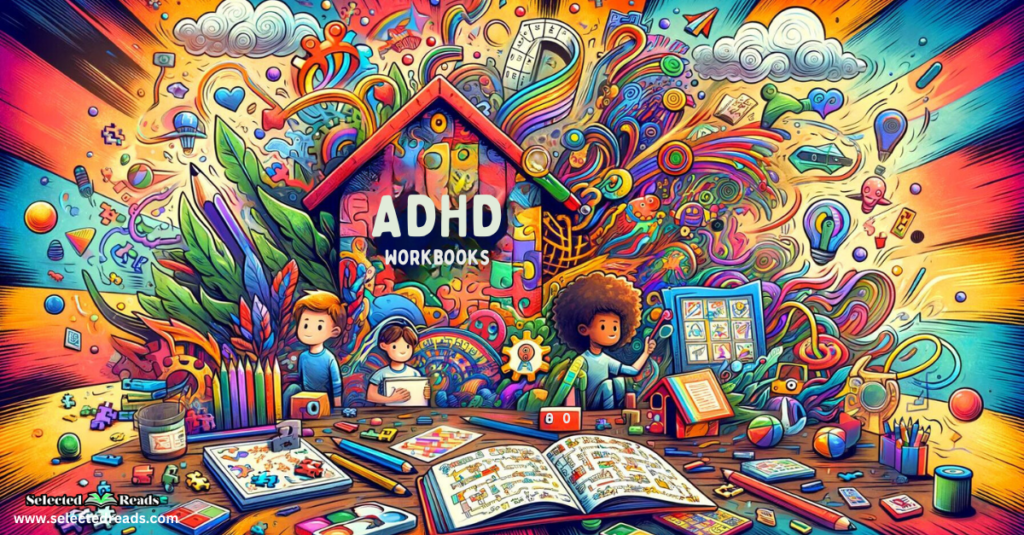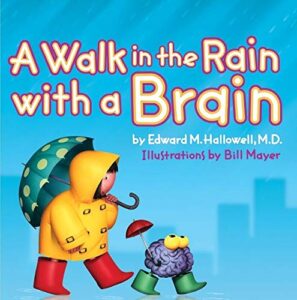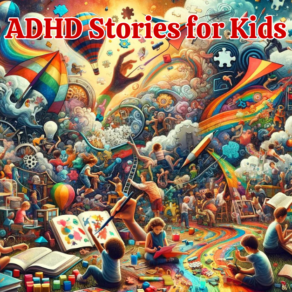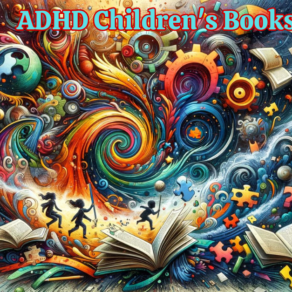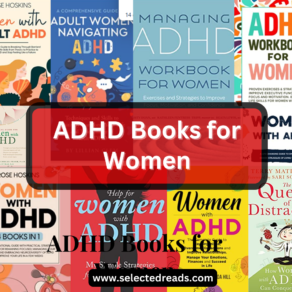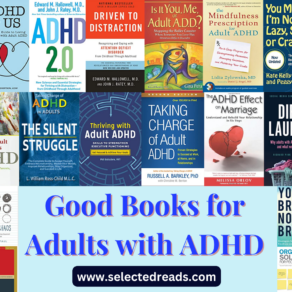Navigating the world with ADHD can be a challenging journey for kids, often filled with misconceptions and frustrations. It’s a path that requires understanding, patience, and the right tools to manage and thrive. That’s where this collection of ADHD workbooks comes into play. Through engaging stories, practical exercises, and a focus on positivity and potential, these workbooks are designed to equip children with the skills they need to navigate their world more effectively.
Related: Best ADHD Stories for Kids
ADHD Workbooks for Kids
From learning how to harness their hyperactivity as a strength to understanding the importance of self-regulation, these resources aim to transform challenges into opportunities for growth and learning.
1. Cory Stories: A Kid’s Book About Living With ADHD, by Jeanne Kraus
While many kids’ books tell stories, this workbook takes it a step further by offering actionable strategies to handle ADHD symptoms. It’s basically Cory’s diary packed with life hacks for dealing with ADHD. From ways to remember things to building friendships, it’s like a Swiss army knife for kids navigating the ADHD landscape.
The workbook format allows for interactive engagement—something that turns abstract lessons into practical day-to-day solutions. If there’s one resource that brings theory and practice into perfect harmony, it’s this one.
2. I Have Bees in My Brain: A Child’s View of Inattentiveness, by Trish Hammond
You know that feeling when your mind’s buzzing with a million thoughts? Imagine that for a kid with ADHD. Now, add a workbook filled with activities and strategies to tame that buzzing and keep thoughts organized. Enter “I Have Bees in My Brain.” It goes beyond just describing the chaos in Jasper’s mind by offering simple, hands-on strategies. Kids can engage directly with the workbook, experimenting with the coping mechanisms it offers. As someone who has always encouraged proactive learning, I can say this book helps kids take control of their ‘inner bees.’
3. Shelley, the Hyperactive Turtle, by Deborah M. Moss
Shelley’s not your typical slow-and-steady turtle; he’s got the zest of a roadrunner! The workbook engages kids through Shelley’s story, allowing them to empathize with his daily struggles while offering constructive activities to manage their hyperactivity. The best part? It helps them understand that it’s okay to be different. Shelley learns to come out of his shell, and so will any kid working through this resource. It’s like an emotional safety net, reassuring kids that they’re not alone in this journey.
4. Eukee the Jumpy Jumpy Elephant, by Clifford L. Corman MD, Esther Trevino MFCC
It’s not every day you see a young elephant as the protagonist, and that’s part of what makes “Eukee the Jumpy Jumpy Elephant” so special. This workbook takes an empathetic look at kids struggling with hyperactivity and self-control. Eukee’s journey, documented in a readable and engaging manner, acts as a mirror for kids to see themselves and learn how they too can find help. The activities and scenarios are valuable not just for kids but also for parents and educators. It’s like a crash course in empathy and understanding, seasoned with valuable life lessons.
5. I Can Do That: A Book on Self-Regulation, by Kayla J. W. Marnach
This one’s a poetic twist on the workbook format. Rhymed narratives can make complex subjects relatable, and “I Can Do That!” nails it. The workbook’s activities engage the child in a way that speaks to their emotional intelligence. They learn not just how to self-regulate but why it’s important. Also, having discussion questions at the end? Brilliant! It provides a segue for educators and parents to engage in meaningful conversations with the child.
6. The “Putting on the Brakes” Activity Book for Young People With ADHD, by Patricia O. Quinn, Judith M. Stern
What I really love about this workbook is its comprehensive nature. From puzzles that sharpen the mind to study habits that improve focus, it provides a wide spectrum of tools to help kids gain control over their condition. Drawing on their years of research and expertise, the authors have crafted a workbook that acts like a Swiss army knife for ADHD management. If you’ve ever struggled with keeping kids interested in ‘serious’ subjects, this workbook makes it surprisingly fun.
7. I Can’t Sit Still!: Living with ADHD, by Pam Pollack, Meg Belviso
This workbook does an incredible job of dispelling the stigmas around ADHD. It narrates the story of a child often misunderstood as “unruly,” addressing the classic misunderstandings I’ve seen so often in classrooms. Through its exercises and activities, this workbook serves as an educational pillar for parents, teachers, and doctors. The best part? It’s available in Spanish under the series title Vive y aprende, making it accessible to a wider audience.
8. A Walk in the Rain with a Brain, by Edward Hallowell
Ah, the renowned Edward Hallowell delivers a masterpiece with “A Walk in the Rain with a Brain.” This workbook delves into the philosophy that every brain is unique and should be celebrated as such. That’s a lesson that can’t be emphasized enough. It combines scientific insights with digestible storytelling, making it a stellar resource for kids, parents, and educators alike. Plus, Hallowell is an authority in the ADHD space, so you know you’re getting top-notch guidance.
9. Baxter Turns Down His Buzz: A Story for Little Kids About ADHD, by James M. Foley
The characters in this workbook are just adorable, but don’t let that fool you—there’s a serious educational undertone here. It shows children how to use behavioral techniques like mindfulness, which is something I’ve seen work wonders in my own research. The activities guide kids to control their hyperactivity effectively, without leaning on medication as the sole solution. It’s both engaging and educational—a double win, if you ask me.
Final thoughts
These workbooks stand as testament to the fact that with the right approach, ADHD does not have to be a limiting factor in a child’s life. Instead, it can be a unique lens through which they view the world, full of vibrant colors and endless possibilities. Whether you’re a parent, educator, or caregiver, incorporating these workbooks into your toolkit can make a significant difference in the life of a child with ADHD.



